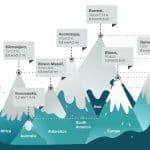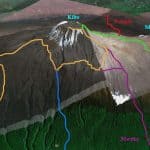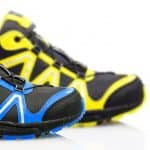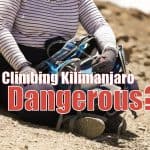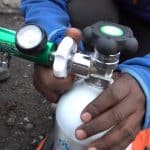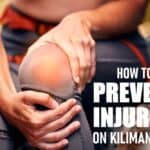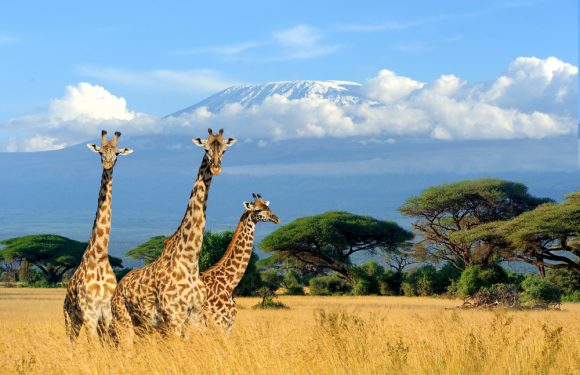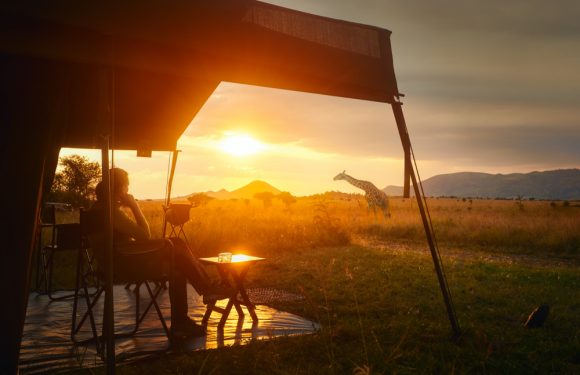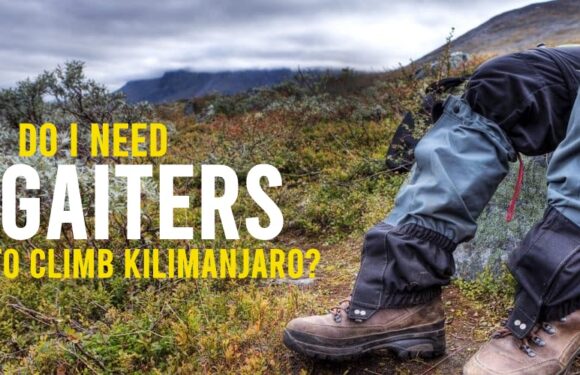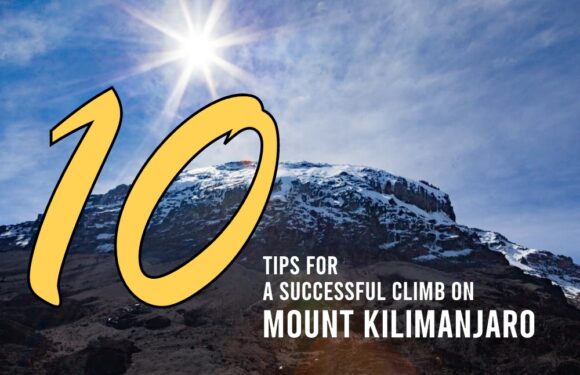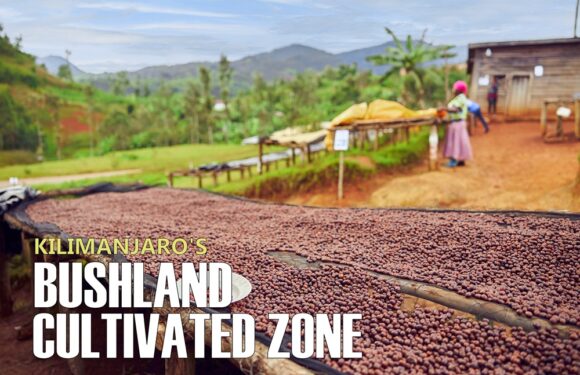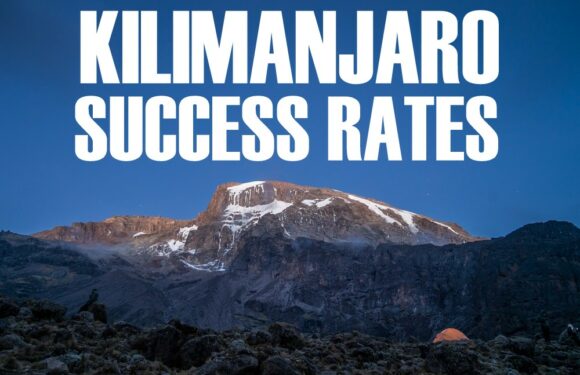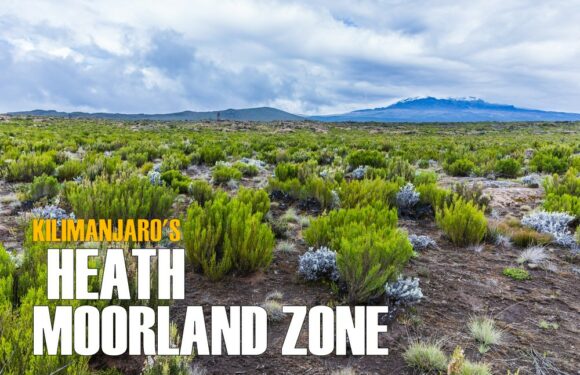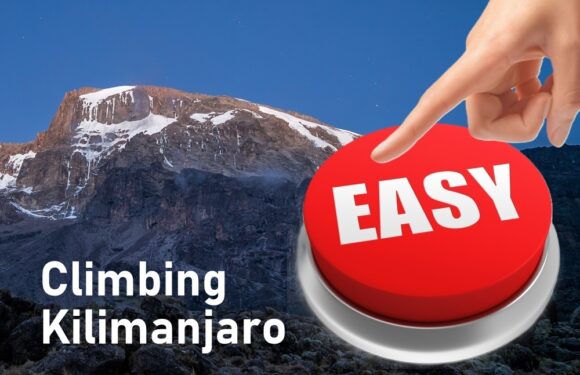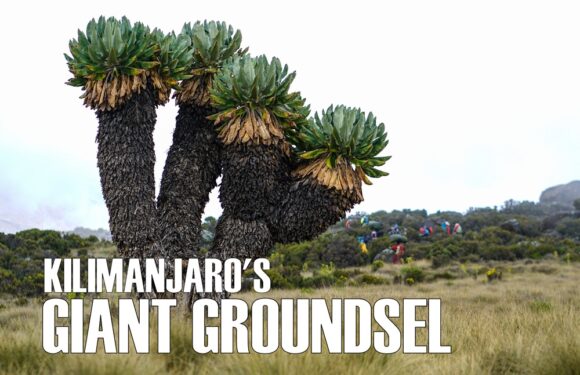What effect does caffeine have on high altitude acclimatization and performance?
It has been repeatedly said that you should not consume coffee or any other caffeinated products at high altitude. The concern is that caffeine causes dehydration, disrupts sleep, and ultimately impedes acclimatization. In this article, we will separate fact from fiction when it comes to using caffeine while climbing Kilimanjaro.
Does Caffeine Cause Dehydration?
It is believed that being well hydrated, drinking 4-5 liters of water per day, is an effective way to combat altitude sickness. Caffeine on the other hand is a known diuretic. The pervasive belief is that caffeine hurts acclimatization because it makes you pee more, causing you to lose water. Subsequently, it follows that caffeine consumption can lead to dehydration and increase the chance of getting acute mountain sickness (AMS).
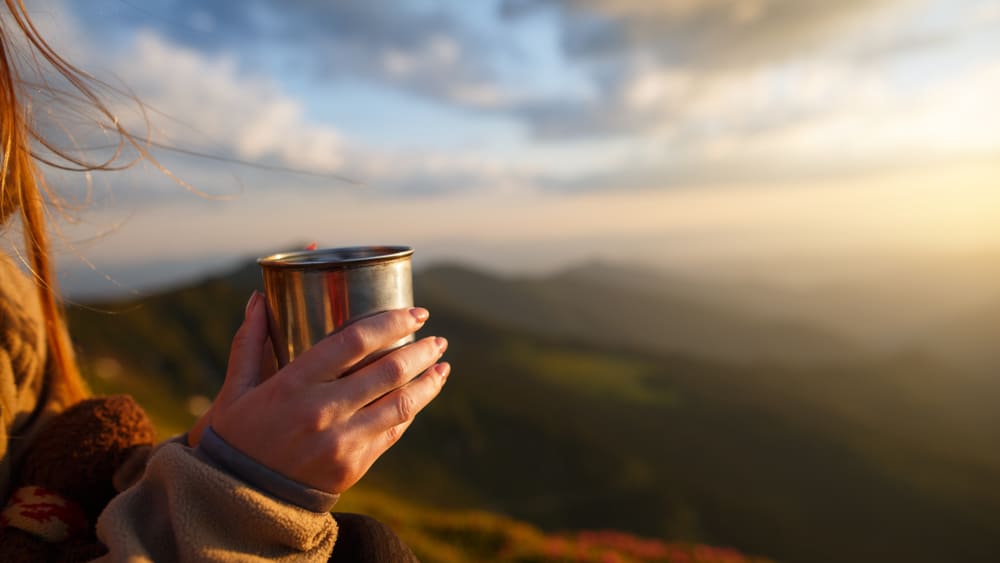
Caffeine is indeed a diuretic, but only for those who are not regular users. For instance, people who drink coffee habitually have a strong tolerance for caffeine and do not show a diuretic effect from it.
A study conducted at Everest base camp (17,536 ft/5,345m) showed that the amount of urine passed was identical for caffeinated and non-caffeinated subjects. Both groups showed the same level of hydration. Therefore, caffeine does not appear to increase dehydration.
Does Caffeine Increase Ventilation?
Caffeine is a natural stimulant. It increases pulmonary ventilation – the process of air flowing into the lungs during inspiration (inhalation) and out of the lungs during expiration (exhalation). In other words, it makes you breathe faster. Diamox, the FDA approved drug for altitude sickness, works in a similar way.
Although no studies have addressed whether caffeine facilitates acclimatization to altitude, there are studies suggesting that it might. Researchers found that a substantial dose of caffeine (equivalent to about six and a half cups of coffee) increased hypoxic ventilatory response and resting ventilation. This does appear to suggest that caffeine would help acclimatization by increasing the oxygen intake. But whether caffeine might increase ventilation sufficiently to speed acclimatization and prevent AMS has not been determined.
Does Caffeine Cause Insomnia?
One of the side effects of being at high altitude is that people have problems sleeping. This is due to general breathing difficulties resulting in less sleep, trouble falling asleep, and frequent awakenings throughout the night.
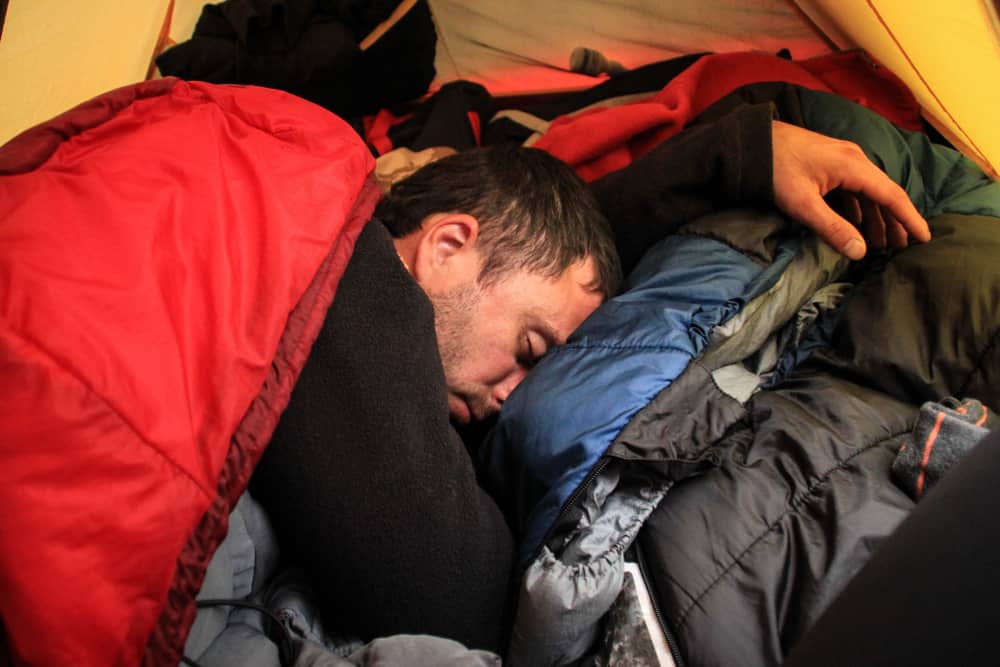
As a stimulant, caffeine generates energy and alertness that may interfere with sleep. It works by blocking the effects of a sleep-inducing substance in the body called adenosine. Adenosine accumulates in the bloodstream when you’re awake, progressively causing sleepiness. Caffeine blunts this effect by blocking adenosine receptors in the nervous system, which keeps the brain and body from recognizing the need for sleep.
Because caffeine concentrations can persist in the body for hours, having caffeinated drinks later in the day may make it harder to sleep well at night. Therefore, we recommend avoiding caffeine in the late afternoon or evening, especially if you are not a frequent caffeine user. It is very important that a climber is able to rest and recuperate every night in order to be ready for the next day’s activities. Being deprived of sleep inhibits acclimatization. So if you find yourself having trouble sleeping, cut your caffeine intake.
Does Caffeine Boost Athletic Performance?
It is clear that caffeine provides energy and helps people stay awake. Hundreds of studies show that caffeine can improve athletic performance, at least at low altitude. It is likely that caffeine does the same at high altitude.
At high altitude, where fatigue and lethargy can be common, caffeine offers a powerful tool to override these feelings. Caffeine has been shown to improve endurance, making it helpful for climbers facing long, arduous hikes at altitude. It can help individuals push their physical limits by reducing the perceived effort and making the journey seem less daunting.
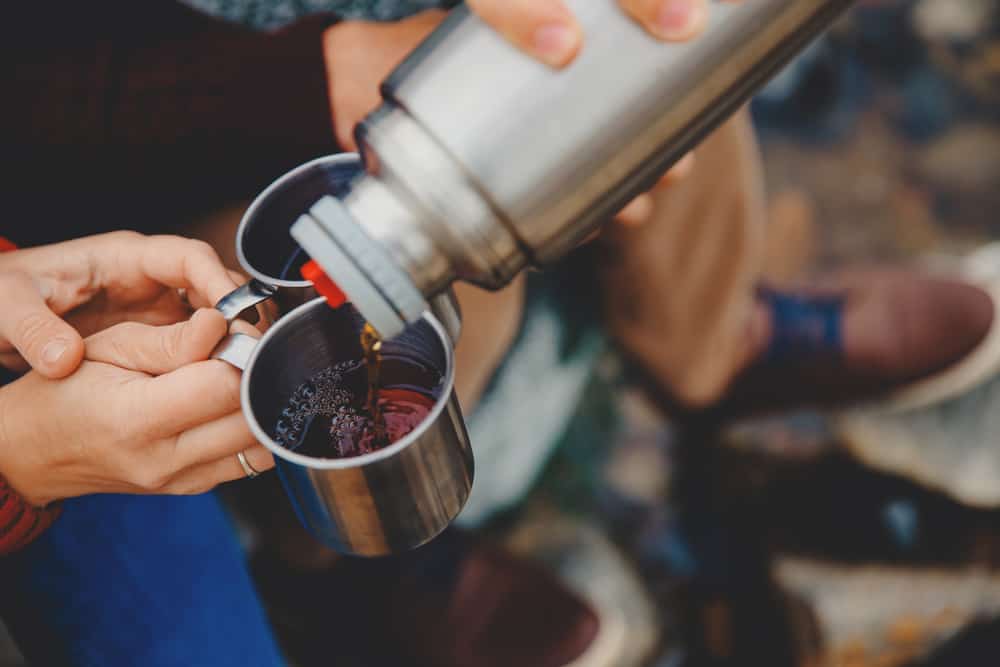
The Bottom Line: Is Caffeine Good or Bad at High Altitude?
If you are a regular user of caffeine, by all means you should continue to use it while climbing Kilimanjaro. It does not appear to slow acclimatization and might actually be beneficial. On the other hand, ceasing caffeine consumption altogether may do more harm than good as it could cause caffeine withdrawal.
Those who are not regular users of caffeine should be a little more careful with its usage on the mountain. Caffeine’s stimulating effects may be helpful at altitude by improving performance, but may interfere with sleep. Therefore we suggest smaller and less frequent doses of caffeine, preferably stopping consumption by early afternoon. This applies to supplements containing caffeine, like energy pills, drinks and gels, as well as coffee.
We provide coffee, tea and other beverages at every meal.
Ultimate Kilimanjaro® Mugs
Visit our shop.





